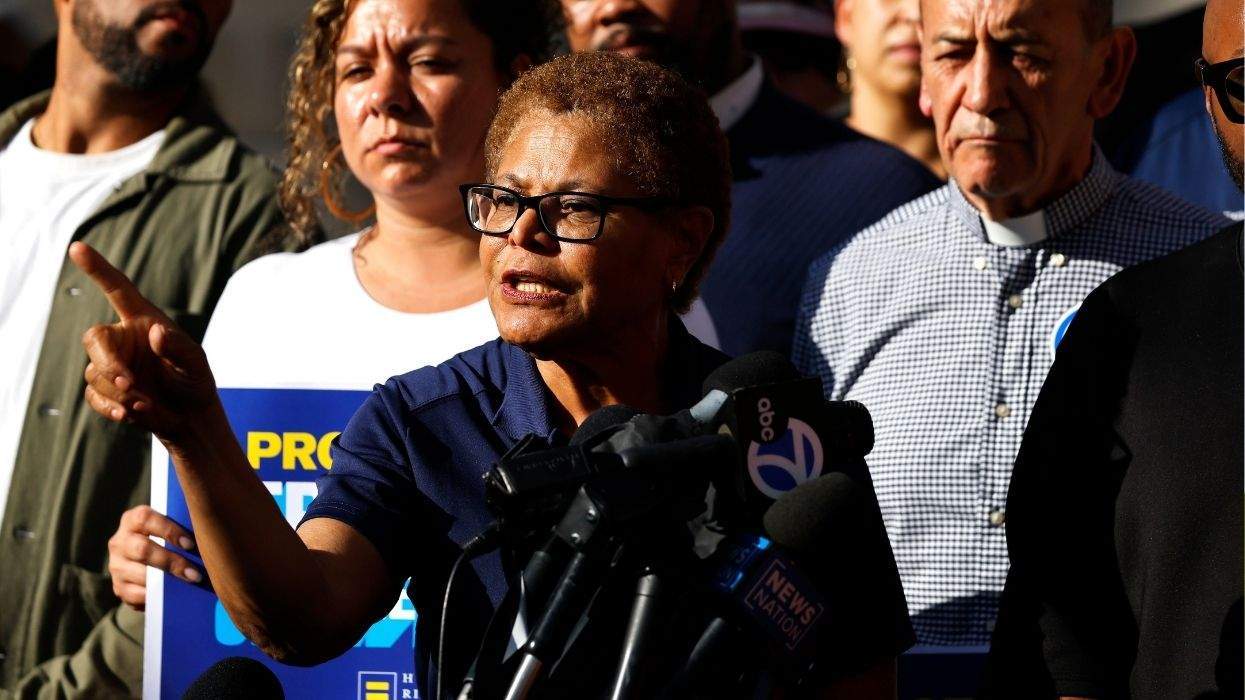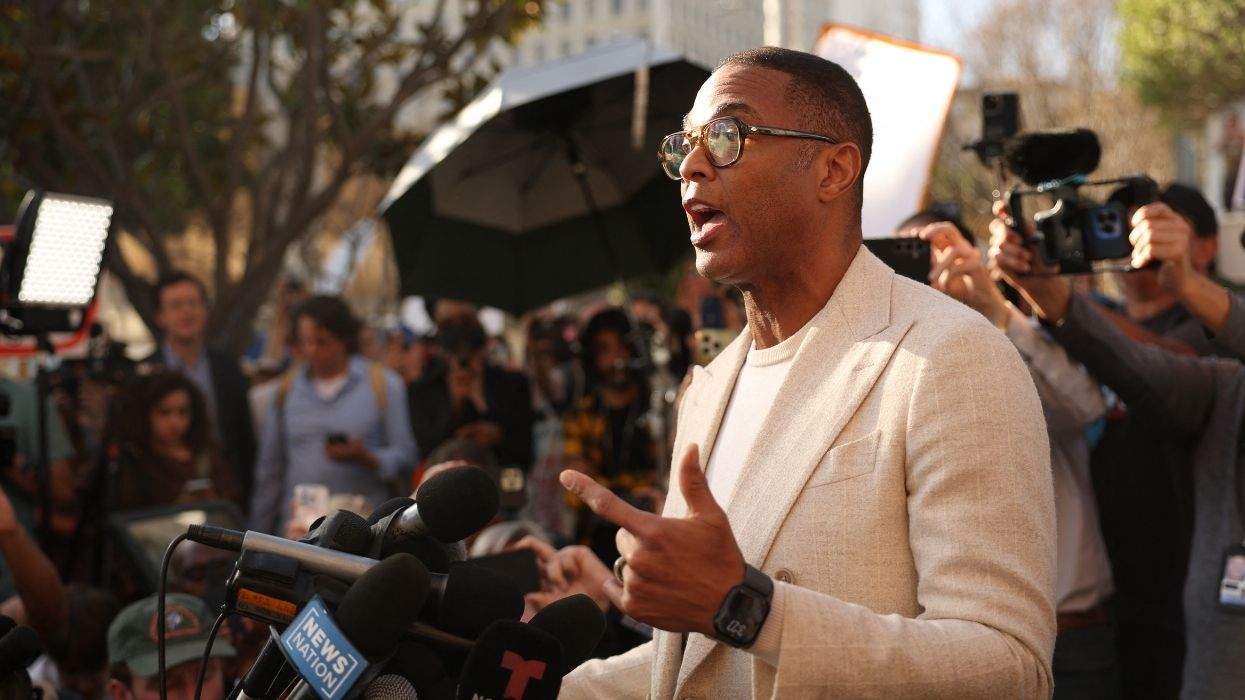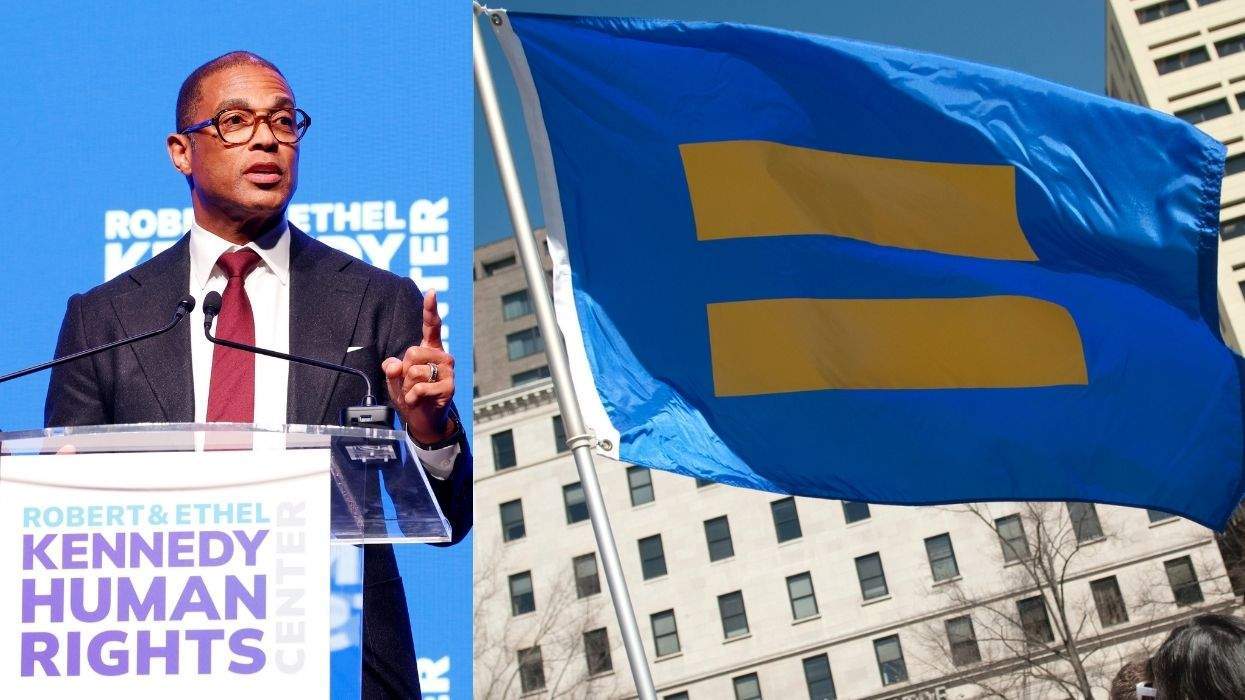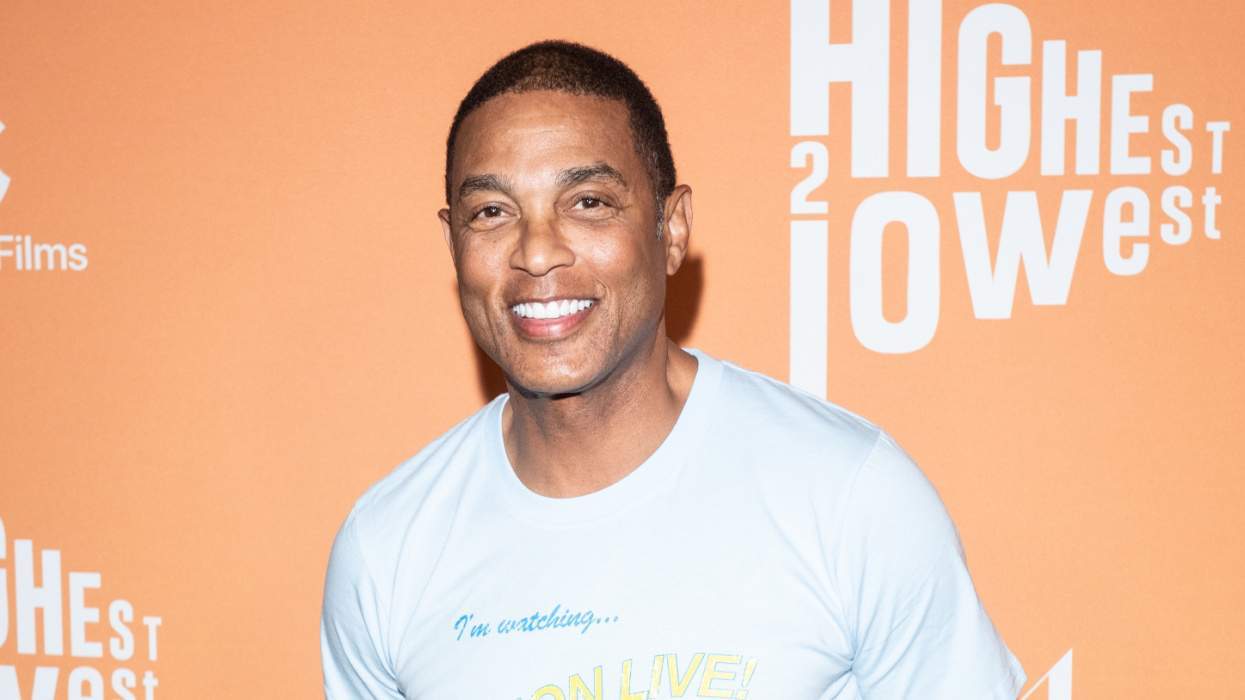Editor's Note: This story is part of our series, Unsolved, Retold: The LGBTQ+ Cold Case Files, which investigates unsolved murders of queer people across the U.S. Find out more about the series.
Wilderness enthusiasts have been disappearing or dying at U.S. National Parks across the country for decades, often with little explanation. But perhaps the most devastating, nagging cases that remain unsolved are the 1996 murders of two women in Virginia’s Shenandoah National Park.
Julianne Williams, known as Julie, was 24 years old when she died. Her partner Laura “Lollie” Winans was 26. The two women were found dead while camping at a backcountry site near Shenandoah’s Skyland Resort.
According to Out reporter Barry Yeoman, Williams was from Minnesota, and grew up to love the outdoors and athletics. A deep thinker, she was bilingual, fluent in Spanish and English and also eager to reconcile her sexuality with her love of Christianity. She was an activist in Vermont’s Christ Church Presbyterian ministry and formed a group called Church Ladies, dedicated to helping LGBTQ+ people feel welcome in the church.
Winans was a wilderness guide from Michigan, and she met Williams at an outdoor program in Minnesota aptly named “Woodswomen.” She was described to Yeoman by a former classmate as having a vivacious sense of humor, lust for life and passion for jam band music. She earned a 4.0 GPA at Vermont’s Unity College and discovered a passion for outdoor exploration, finding refuge from a traumatizing childhood outdoors.
The two women had been dating about two years before their murders, Yeoman wrote. They’d planned to move in together that summer, after securing a home in Huntington, Vermont.
Even more tragically, Williams was with Winans in Shenandoah to celebrate good news: She had recently accepted a job as a geologist near Vermont’s Lake Champlain.
Backcountry murders
Mortality rates at National Parks still remain low compared to overall visitor count – in 2019, the rate of deaths was about one per one million visitors.
Homicides are especially rare in Shenandoah National Park, which counted 40 overall visitor deaths from 2007 through the end of July 2023. Only about 13% of the deaths in Shenandoah since 2007 have been deemed intentional, and of those, suicides vastly outweigh homicides.
A double murder, then, is even rarer. And yet, to this day, few leads have emerged.
The details of what transpired before the discovery of the women's bodies on May 24, 1996, remain sparse – but records of the National Park Service’s incident logs dating back to that year fill in some blanks.
May 31, 1996 was the first day rangers began to search for Williams and Winans, after they were reported overdue from a multi-day hike in the park’s Central District. It was later determined the two women were last seen alive a week prior.
Julie Williams’ father Tom Williams reported her missing on June 1. The same day, her pet golden retriever/lab mix Taj was found wandering trails and turned over to rangers, who later discovered Williams and Winans’ bodies. Both were nude, gagged and bound, and their throats had been cut.
June 1 was also the date of Winans’ friend Zoë Maas-Fyfe’s wedding, Out Magazine's Yeoman reported. She’d promised to be home in time for it.
Targeted hate crime, or random attack?
In her book “Trailed: One Woman’s Quest to Solve the Shenandoah Murders,” journalist Kathryn Miles noted it was difficult to discern if the two women were overtly targeted because of their sexuality, or not.
“One of the things that was so shocking and hard for the family and friends of Lollie and Julie is [that] they were publicly outed as lesbians—which actually occurred on the day of their funerals,” Miles told A&E in May 2022. “The nature of their sexuality and their relationship instantly became national news,” Miles added.
Miles said this was in part because the FBI was considering if the case was a hate crime, and wanted the public to know the two women could have been killed for being lesbians.
But because the killer was never apprehended and is potentially still at large, it’s almost impossible to know the true motive behind the brutal act. That said, there were other hate crime homicides along the Appalachian Trail.
According to Yeoman, Winans’ and Williams’ murders were at least the eighth and ninth such hate-motivated homicides. The first noted hate crime was in 1974, when a man was sentenced to life for fatally shooting a lesbian woman for kissing her partner outdoors.
Dubious suspects
Although Winans and Williams’ case remains open, there were at least two suspects. The first was a man named Darrell David Rice, from Columbia, Maryland. In 1997, Rice was convicted of attempted abduction after he ran a female cyclist off the road in Shenandoah National Park. He was later sentenced to life in prison.
Rice was indicted by a federal grand jury in Charlottesville, Virginia, in April 2002, and the case was presented as a hate crime. But by February 2004, the U.S. attorney overseeing the prosecution asked to drop the case, citing inadequate forensic evidence.
But while the DNA exonerated Rice, it pointed to another suspect: Serial killer Richard Evonitz, who is confirmed to have killed at least three people. In 2002, Evonitz fatally shot himself instead of surrendering to police in Sarasota, Florida. But before he died, Evonitz abducted, sexually assaulted and killed at least three teenage girls the same year Williams and Winans were killed.
Male hairs were found on the duct tape used to bind and gag the women. Kathyrn Miles reported that mitochondrial DNA “came back matching Richard Evonitz in 799 out of 800 positions.”
Despite this likely match, Miles said the FBI determined Evonitz’s DNA should be retested, but record requests later indicated it wasn’t.
However, not everyone is convinced Evonitz is the killer – Tom Williams told local news channel WUSA9 two years ago, “I think it’s a ruse.”
So far, the cases of Winans and Williams remain cold. Evonitz can’t be charged, since he died by suicide in 2002.
The FBI continues to operate tip lines and seek information related to both of the murders, and notes that “it is possible there are people anywhere from Virginia to the west coast that could have information valuable to investigators.”
The Richmond bureau of the FBI declined to comment on the case as it is still ongoing. Winans and Williams’ families still await justice.
Have a tip about this case to share with law enforcement? Contact the FBI’s Richmond field office at (804) 261-1044, or via tips.fbi.gov.
Have information or know of a cold case we should profile next? Reach out to Samson Amore at crime@equalpride.com.















Charlie Kirk DID say stoning gay people was the 'perfect law' — and these other heinous quotes
These are some of his worst comments about LGBTQ+ people made by Charlie Kirk.